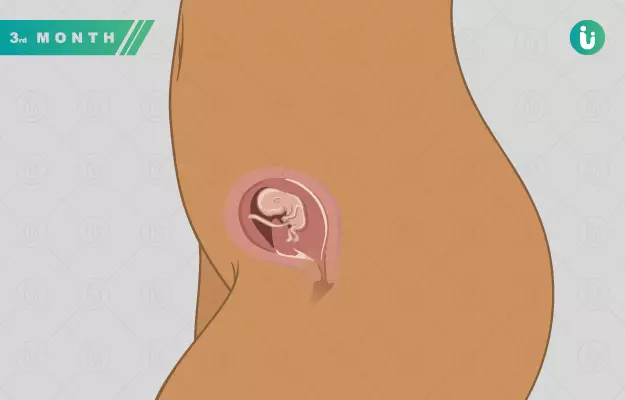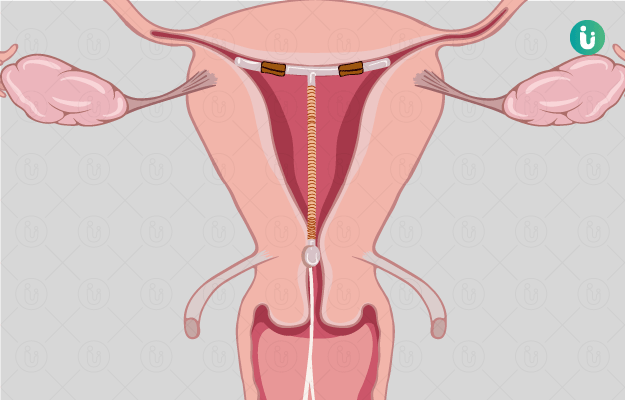The growing baby receives all of its nutrition from the mother. For the proper growth and development of the baby, it is absolutely important to follow a balanced diet throughout your pregnancy. Including lots of green veggies and fruits would make sure you get the right amounts of nutrients. However, it is important not to go overboard and consume only as much as your body demands. Instead of eating huge meals, it is best to take 4-5 small meals throughout the day.
If you are too concerned about your dietary needs, you may like to refer to a nutritionist. Though, the following are some of the foods that can help you stay fit and healthy during your third month.
Fibre
A fibre rich diet would make sure that your bowel movements are regular and you don’t suffer from constipation. Fibres also help in keeping excess cholesterol levels under control. Some of the best sources of fibre include whole grains, bread, fruits and vegetables. You must thoroughly wash and clean the fruits before consuming them as they might carry harmful microbes and germs.
Water
You can never miss out on water as it helps maintain most of the body’s functions. Pregnant women need more water to maintain their energy and fluid requirements. The European Food Safety Authority recommends an increase of 300 ml per day in the total water intake for pregnant women as compared to non-pregnant women. Additionally, water helps with the digestion of fibre. Drinking less water with a fibre-rich diet might do more harm than good. So, do not skip water.
(Read more: How much water to drink in a day)
Folic acid supplement
For the proper brain development of the foetus, it is essential that you take folic acid supplements till the completion of the first trimester. Generally, a 400 mg tablet of folic acid is prescribed for pregnant women but it is strongly recommended that you consult your doctor instead of self-medicating. You can also add folic acid-rich foods like bread, spinach, citrus fruits and brown rice.
Calcium
Calcium is essential for the growth of bones and cartilages of the foetus. According to a study, pregnant women consume 1000 mg of calcium per day. However, a calcium supplement is generally not needed. If you are suffering from calcium deficiency, it is advisable to refer to a doctor to know about your calcium requirements. You can also include pasteurised milk and yoghurt in your diet to cater to the daily calcium requirements.
Iron
Iron is yet another mineral that is important for foetal growth. Studies suggest that lack of iron may not only cause anaemia in pregnant women but may also lead to early birth and lower weight of the newborn baby. Although the demand for iron is much lower in the first trimester, it keeps rising sharply with foetal growth. According to WHO guidelines, a pregnant woman needs about 30 to 60 mg of elemental iron per day. Some of the easily available food sources of iron include pulses, green vegetables, fortified grains and tofu.
Foods to avoid
In spite of the fact that you need a lot of nutrition to fulfil your own and the baby’s requirements, there are certain foods that may have a detrimental effect on the foetus. Here is a list of foods that you should be careful before consuming.
- Egg and poultry should be cooked properly before consumption since they might be a source of infection and food poisoning. It is preferable to avoid red and rare meats.
- Any food that is rich in vitamin A; includes liver meats and sausages.
- Always boil milk before consuming or drink pasteurised milk.
- Certain types of fish should also be avoided as they might have negative effects on your baby’s brain.
- It is best not to consume soft cheese like brie and camembert as they might carry listeria infection which can lead to miscarriage and stillbirths.
- High fat and extra sweet foods should also be avoided as most sugars are empty calories and do not provide for any nutritional requirement.
- It is also best to cut down your caffeine intake as it might lead to less birth weight in babies. This includes your daily coffee and tea.
(Read more: Pregnancy diet chart)










































